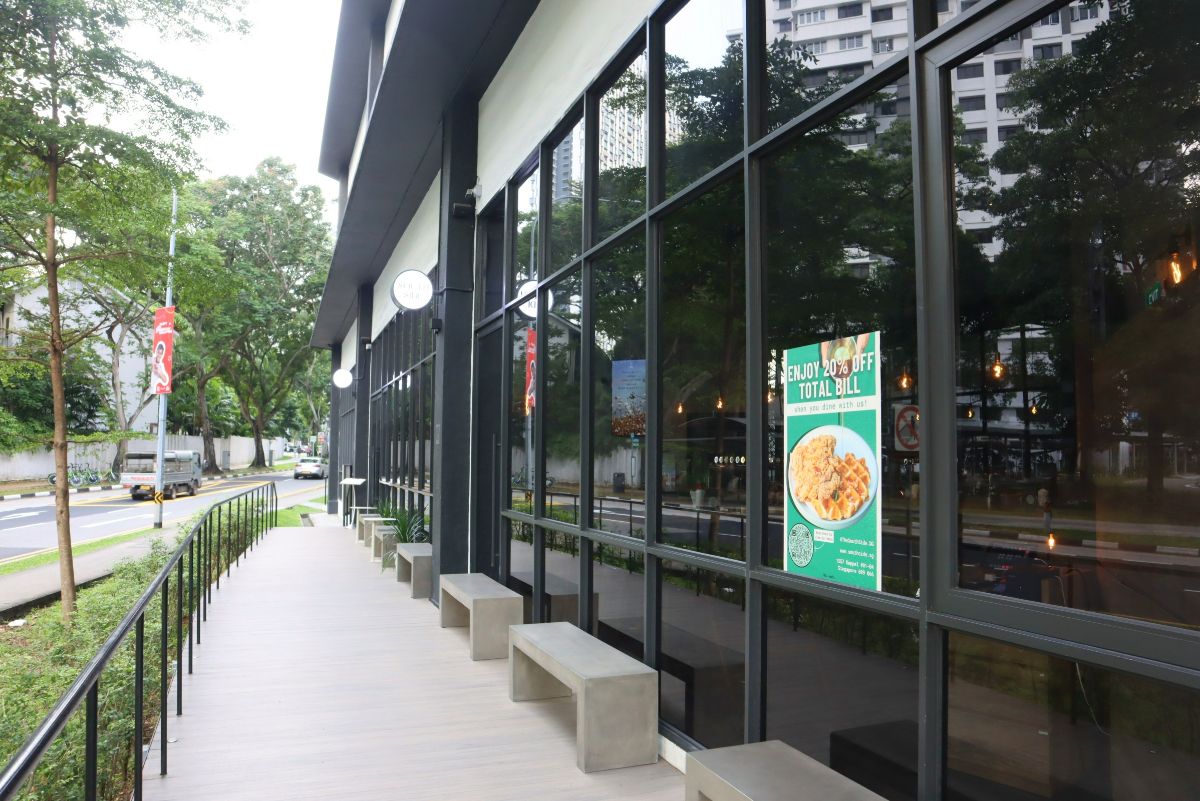
Some businesses fear that when the new local qualifying wage structure goes into effect, their expenses will increase. The upcoming rise in the local qualifying salary (LQS) has sparked concerns among employers, who fear it could contribute to escalating business costs. Industry observers also suggest that the changes may have implications for the working hours of part-time employees. The adjustments to the LQS are prompting businesses to evaluate their financial strategies and workforce management to navigate potential challenges.
The local qualifying salary (LQS) functions as the minimum wage for local employees hired by companies employing foreign workers. In his recent Budget speech, Deputy Prime Minister Lawrence Wong revealed that businesses hiring foreign workers will need to increase wages for local workers. The LQS for full-time employees is set to rise from S$1,400 to S$1,600 starting July this year, with corresponding increases in minimum hourly rates for part-time workers. The computation of a company’s foreign worker quota entitlement will be tied to the number of local workers receiving the updated qualifying salary.
Companies look for methods to pay higher wages
Businesses are grappling with the impending rise in the local qualifying salary (LQS), anticipating increased operating costs. Cafe South Side Keppel, facing challenges in staff recruitment, expects the LQS adjustment to particularly impact part-time workers. Shaun Leong, Managing Director of The Hey Co, managing the cafe, outlined potential solutions, such as increased working hours or higher hourly wages tied to additional responsibilities. However, this adjustment may be challenging for part-time staff. The cafe suggests that the higher hourly wages might translate into increased prices for customers.
Human resource experts anticipate that companies might adjust working hours to meet the new local qualifying salary (LQS) requirement. Juliet Tan, founder of customer engagement platform Emplifi, noted that the LQS increase to S$1,600 contradicts flexible work arrangement (FWA) flexi-load requests. Part-timers or employees with FWA requests for fewer days may struggle to meet the minimum LQS, potentially leading employers to reject such requests. The LQS adjustment is seen as potentially impacting part-timers adversely, and concerns are raised about its effect on flexible work arrangements.
Increasing the pay of workers at lower wages
While some businesses express concerns over increased expenses due to the local qualifying salary (LQS) adjustment, others like HRS Security Services are not facing the same issue. Hareenderpal Singh, managing director of HRS Security Services, mentioned that the majority of businesses are already paying above S$1,600. He noted that micro-SMEs might be more affected.
The security service firm is optimistic about benefiting from other Budget measures, such as the S$1 billion top-up to the Progressive Wage Credit Scheme, designed to support salary increases for lower-wage workers.
HRS Security Services anticipates positive outcomes from the enhanced Progressive Wage Credit Scheme (PWCS) as it qualifies under the new criteria. With most of its employees now eligible for the cost-sharing initiative, the company sees an opportunity to manage business costs better.
Hareenderpal Singh, the managing director, highlighted that the security sector is undergoing a technology-driven transformation, and the savings from the PWCS enhancement could be directed toward training programs to enhance productivity and outcomes. The firm aims to leverage subsidies and savings to adapt to the evolving landscape in the security industry.




